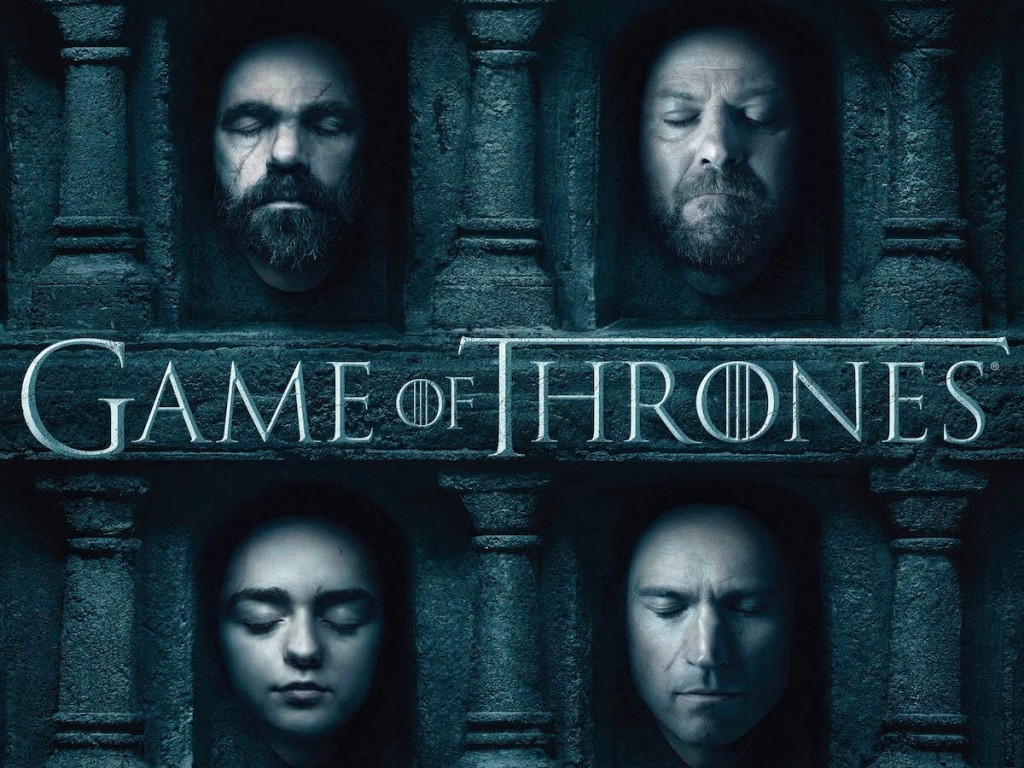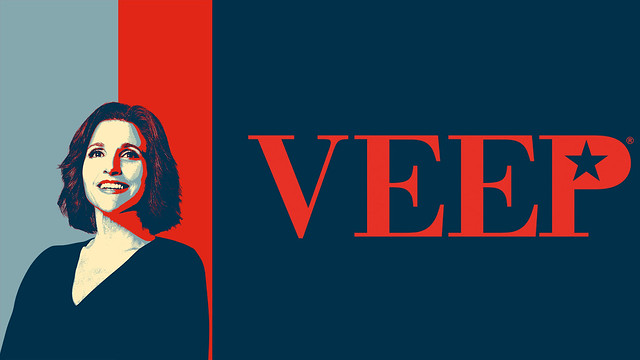Welcome to Word Buzz Wednesday, your go-to place for some of the most interesting words of the week. The latest: regretting a British exit; gambling in video games; yet another unnecessary food portmanteau.
regrexit
“The aftermath of Brexit has also spawned the so-called ‘Regrexit’ phenomenon: Britons who voted for Brexit, but now regret doing so because they feel they were misinformed about the likely consequences, or did not consider them carefully enough.”
Ilya Somin, “Brexit, ‘Regrexit,’ and the impact of political ignorance,” Washington Post, June 26, 2016
Last week was all about the Brexit, Great Britain’s vote to exit the European Union, followed almost immediately by regrexit, regretting the Brexit. Not to be outdone, Texas gave a renewed call for Texit, secession from the United States, while Quartz devised possible names for exits by all EU members, from Beljump to Swedone.
Broomgate
“Dubbed ‘Broomgate,’ much of the fuss centers on a new kind of curling broom called the icePad, manufactured by Hardline Curling.”
Jennifer Ouellette, “Here’s the Physics Behind the ‘Broomgate’ Controversy Rocking the Sport of Curling,” Gizmodo, June 12, 2016
In lesser scandals, the curling world was swept away by Broomgate, named for the little brooms with which team members “madly sweep the ice” in front of the curling stone. Players aren’t opposed to the new icePad curling broom, but are just worried that it and “similar high-tech equipment are altering the fundamentals of the sport in troubling ways by drastically reducing the level of skill required.”
skins gambling
“The lawsuit comes two months after Bloomberg published an investigation into the rise of what’s known as skins gambling, an increasingly prominent part of professional video gaming.”
Joshua Brustein, Eben Novy-Williams, “Valve Faces Lawsuit Over Video Game Gambling,” Bloomberg, June 24, 2016
Skins are decorative virtual weapons used in gaming, and which can “be acquired in the game and sold for real money.” The introduction of skins led to skin gambling in the game CS:GO, in which “people buy skins for cash, then use the skins to place online bets on pro CS:GO matches.”
brunchfast
“Burger Business reports that the chain filed a U.S. trademark registration for the term ‘Brunchfast’ on May 26.”
Virginia Chamlee, “Jack in the Box Trademarks ‘Brunchfast,’” Eater, June 7, 2016
Brunchfast is, as Eater says, a “seemingly unnecessary portmanteau of the words ‘brunch’ and ‘breakfast.” It’s also been trademarked by fast food chain Jack in the Box. Since brunch is a combination of “breakfast” and “lunch” and is generally eaten between or instead of those two meals, we’re guessing that brunchfast would be a slightly later breakfast.
geophagy
“It’s easy to dismiss geophagy as a disgusting habit of children, a wacky pregnancy craving, or an exotic behaviour from far-away lands, but none of these approaches really do it justice.”
Josh Gabbatiss, “The people who can’t stop eating dirt,” BBC, June 16, 2016
Geophagy is “the eating of earthy substances, such as clay or chalk, practiced among various peoples as a custom or for dietary or subsistence reasons.” While “Western medicine has traditionally regarded geophagy as pathological,” says the BBC, it’s not considered taboo in countries like Cameroon and Kenya, where a researcher found that “she could buy packets of earth in a range of flavours, including black pepper and cardamom.”






